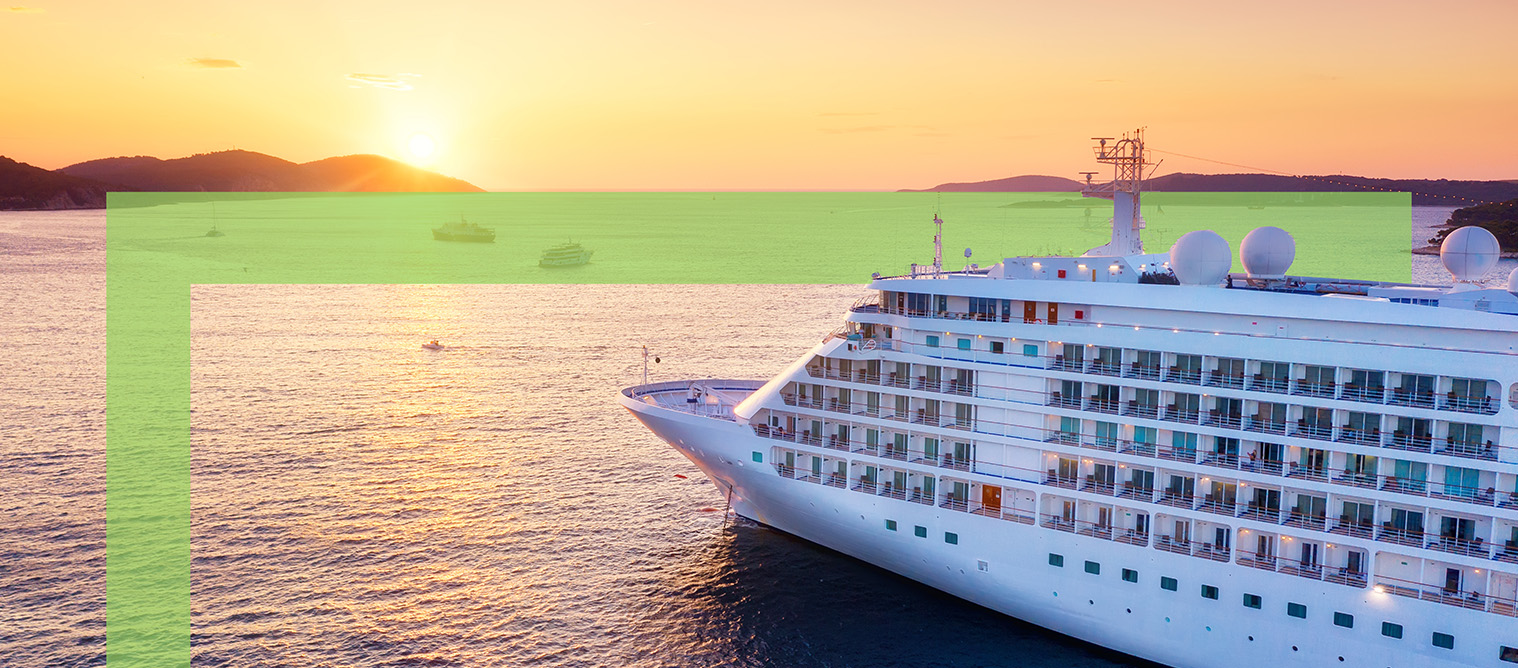Menu
Free Confidential Consultation

Were you injured on a cruise that departed from New Orleans? You could be entitled to compensation for your medical expenses, income losses, and more. However, the process of claiming that compensation can be difficult due to the unique interplay of maritime law, jurisdictional issues, and cruise line regulations.
Louis A. Vucci P.A. has extensive experience handling cruise ship injury claims for both passengers and crew members. We can identify who is responsible for your injury, explain your rights, and pursue the compensation you need. Contact us today at (786) 375-0344 for a free initial consultation to learn how we can help.
Whether you are a passenger enjoying a vacation or a crew member working onboard, a cruise ship injury can have significant physical, emotional, and financial consequences. Additionally, cruise ship injury claims are often more challenging to manage because they involve unique legal factors that don’t apply to standard personal injury claims. Here are some legal considerations to keep in mind if you sustained injuries on a New Orleans cruise ship:
If you were injured on a cruise that departed from New Orleans, you would likely need to file your claim in a specific court that might not be located in Louisiana. Most cruise tickets include a “forum selection clause,” which outlines where you must file any legal claims against the cruise line. For example, your ticket might require filing in federal or state courts in Miami, regardless of where your cruise set sail.
Forum selection clauses are legally binding in most cases, so filing your claim in the wrong court could lead to delays or even the dismissal of your claim. These clauses can create additional challenges, such as increased travel costs or legal expenses. You should carefully review the terms of your ticket and consult a maritime lawyer to confirm the proper location for your claim.
The Port of New Orleans is the sixth-largest cruise port in the United States and serves as a departure point for thousands of travelers each year. Its two cruise terminals, the Erato Street Cruise Terminal and the Julia Street Cruise Terminal, are located near the French Quarter:
The terminal from which you depart can play a significant role in your injury claim. For example, if your injury occurs while boarding or disembarking at the port, liability will depend on whether the cruise line or a third party was responsible for maintaining safe conditions. Each party has different obligations under the law, and determining fault can require a detailed investigation.
A lawyer can review where you boarded, the specific circumstances of your injury, and the terms outlined in your cruise ticket to identify the appropriate way to proceed with your claim. For injuries that occur while boarding or disembarking, a lawyer can also determine which laws apply, file your claim in the correct jurisdiction, and pursue compensation from the right parties.
A lawyer can prove negligence in your cruise ship injury claim by gathering and presenting evidence that shows the cruise line failed to provide a reasonably safe environment. First, they will investigate the incident to identify factors like unsafe conditions, lack of proper maintenance, or employee misconduct that might have caused your injury. Next, they will collect evidence like photographs, witness statements, and medical records to demonstrate the cruise line’s failure to address hazards or follow safety protocols. Your lawyer can also review internal reports, past safety violations, or similar incidents involving the cruise line to establish negligence and strengthen your case.
If you’ve been injured on a cruise departing from New Orleans, you likely have questions about your rights and the legal process for seeking compensation. Here are some straightforward answers to common questions about cruise ship injury claims.
After a cruise ship accident, you should act quickly to protect your health and your legal rights. Report the incident to the crew immediately and ask for a copy of the incident report. Seek medical attention onboard or at the next port. Document everything related to your injury, including photos of the scene, your injuries, and any unsafe conditions that contributed to the accident. Gather contact information from witnesses who saw the incident. Once you disembark, consult a maritime lawyer promptly to understand your rights and begin the claims process.
The deadline to file a cruise ship injury claim is often much shorter than for other types of personal injury cases. Most cruise lines require passengers to file a formal notice of intent to sue within six months of the injury and to file their actual lawsuits within one year. Crew members often have different deadlines depending on the type of claim, such as those under the Jones Act. It’s essential to act quickly to avoid missing these deadlines, which could prevent you from recovering compensation.
In a cruise ship injury lawsuit, you can seek compensation for medical expenses, lost wages, pain and suffering, and other losses resulting from your injury. The exact amount depends on the severity of your injury, its impact on your daily life, and the specific circumstances of your case. For injured crew members, claims can also yield maintenance and cure benefits.
Liability for a cruise ship injury depends on where and how the injury occurred. The cruise line could be liable if unsafe conditions onboard, negligence by crew members, or poor maintenance caused your injury. If the injury happened during an excursion or at the port, third parties like tour operators or terminal operators could also share liability. A lawyer can investigate the facts of your case to identify all responsible parties and pursue maximum compensation.
There are many things for which a passenger may make a claim, some of which include:


